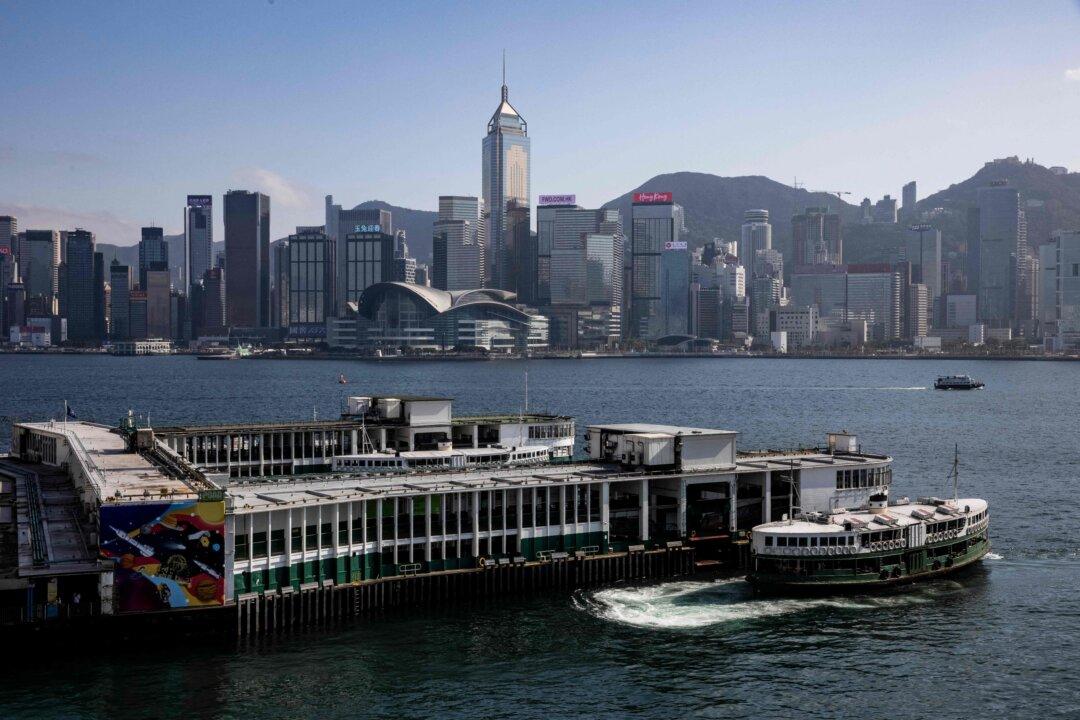Hong Kong’s 2024-2025 Budget will be announced on Feb. 28, with Financial Secretary Paul Chan previously predicting a deficit of over HK$100 billion (approximately $12.8 billion) for the current fiscal year. A former official believes authorities will issue bonds to cope with the situation and await an improvement in the economic situation.
Raymond So Wai-man, former Under Secretary for Transport and Housing and a financial expert, described to cantonese newspaper am730 on Feb. 15 the current financial deficit situation as “no way out.”




